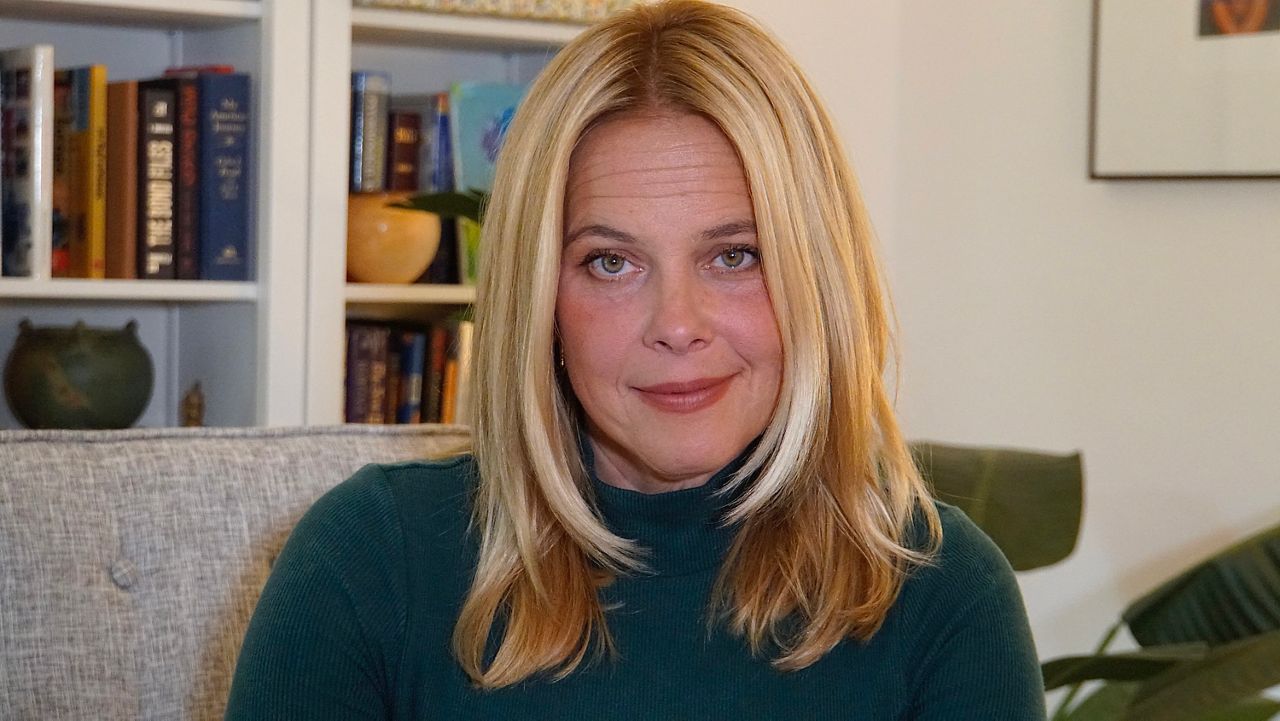Since Hamas terrorists attacked Israel over the weekend, countless images and videos of its aftermath have blanketed social media and news channels. Many are graphic.
These scenes can be hard to process for some and are not appropriate for others to see.
“When we talk about tough topics like what’s going on in the Middle East, it’s really helpful for children if we give them a sense of safety by bringing it up first,” Rachel Beuhner, a psychologist in Louisville, said.

Beuhner adds it’s important for parents to recognize signs of change in their kids, and if they might seem “off.” This could be a sign that they’re struggling with something they’ve seen or read.
“I noticed that you seem kind of different, like you’ve got a lot going on and I’d really like to talk about how you’re feeling about things,” Beuhner explained. “Open ended, you’re not accusing, you’re not judging. They’re not in trouble. You’re not looking for a way to punish them. It’s not transactional, like if you don’t get in a good mood than this, it’s literally saying, I see this going on with you and I want to show up for you.”
Things she says to keep in mind in these discussions are being honest and using age-appropriate language.
“You can provide context. You can provide as much history as you understand, and you can try to give them an understanding of what’s happening there and then stop and listen,” Beuhner said. “Listen to their reactions. Listen to what fears they might have. Young children, for example, might be afraid that the conflict is much closer to them than it actually is, and it really helps a child understand what to do with their feelings as they emerge.”
With an end to the fighting uncertain, Beuhner recommends checking in with your kids more than once, especially as more footage from the war comes out.
“The unfortunate reality is children have access to information, even if they’re on platforms aimed for young people. They have access to information that can scare them, that can upset them, that can distress them, that can change the way that they think about the world,” Beuhner said.
For teens and adults, she recommends recognizing when it’s time to take a break from social media. Often called doom scrolling, it can lead to emotional distress.
“This is one of those moments where the news can consume you, and to mindfully say, I need to take steps to protect myself just like I am for my child, can be really healthy,” Beuhner said.



